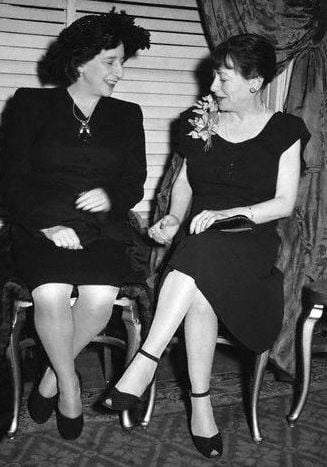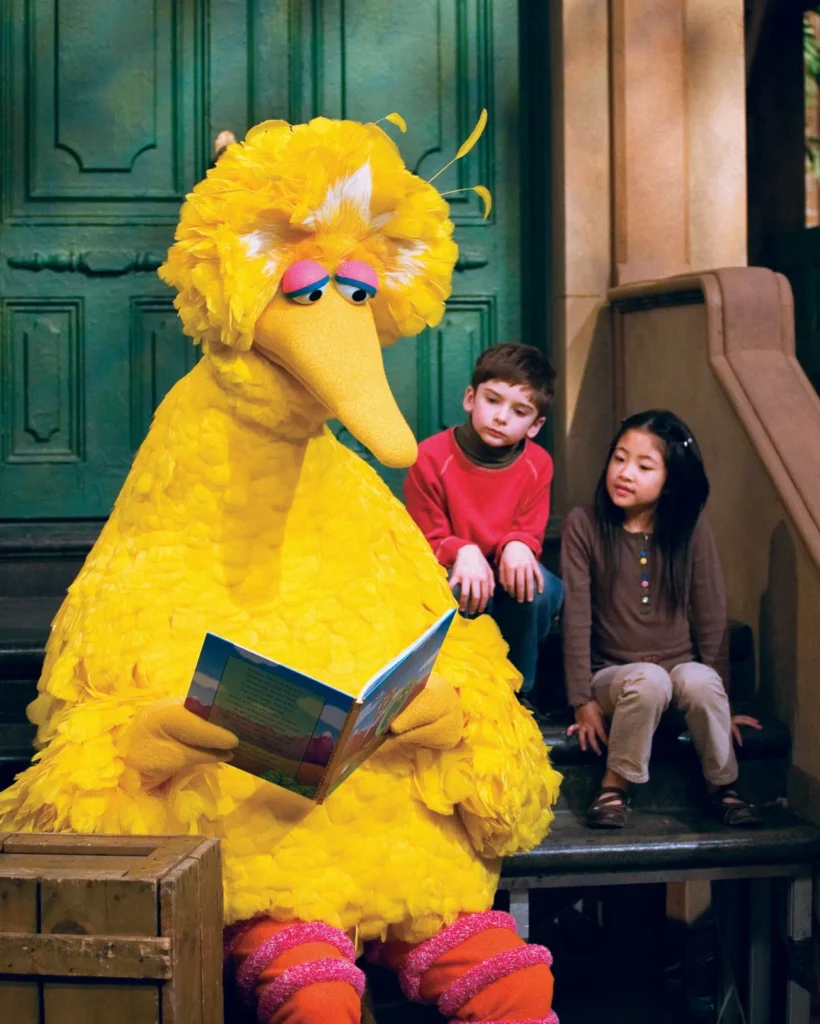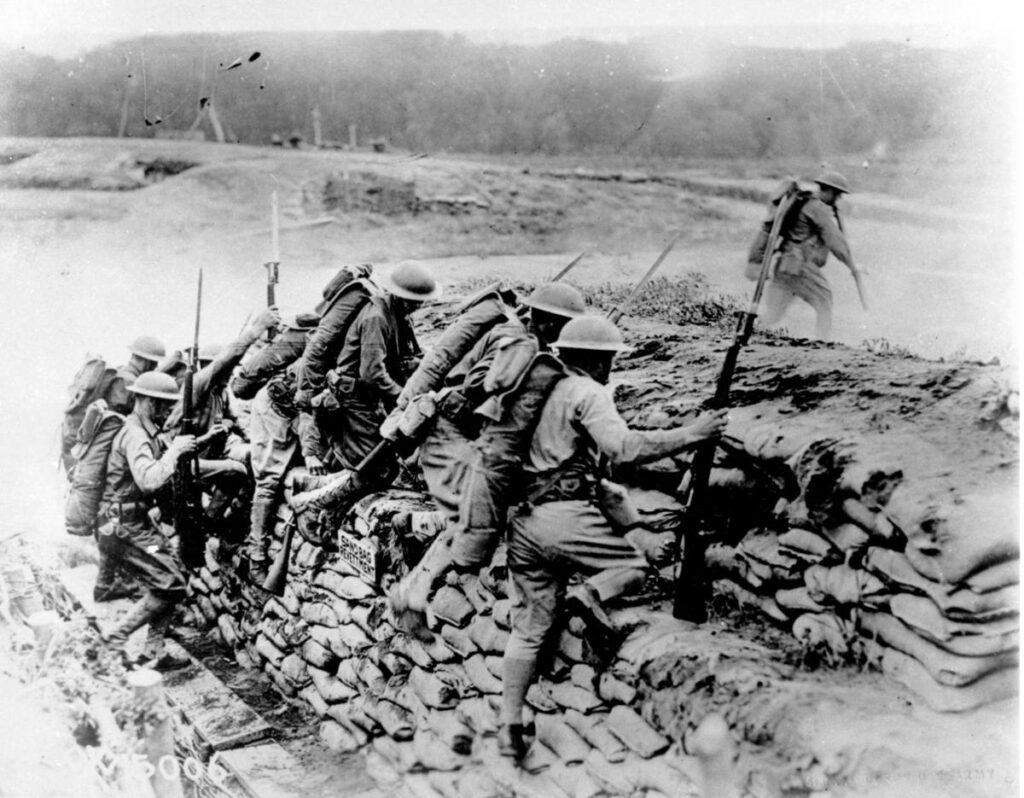Lillian Helman took care of Dorothy Parker until Dorothy Parker died. Lillian did what people do: hired a house cleaner, ran some errands. Lillian thought she would be compensated when Parker and her “cobra wit” ascended to the great typewriter in the sky. She was not. Parker’s will left everything to the NAACP. Helman was outraged. Lawsuits ensued.
And Parker and Helman weren’t even related.
I have no informed opinion regarding whom Parker should have favored—she had nephews, but no children; there are many good charities of which the NAACP is only one exemplar—but I am here to tell you: there is no one right way to dispose of an estate.
You have four children? You want to leave each one an equal allocation? Good for you. Makes sense. Share and share alike. But what about the fact that your eldest has been outrageously successful, owns their own home, and doesn’t need any money while your youngest is struggling and hasn’t been to graduate school yet? You paid for professional education for the older three, why shouldn’t the young one get some extra funds for school? What about your second child who visits every Sunday and takes you food shopping while your third child lives across the country and visits only one week a year? Shouldn’t the child who drives you to the market get a larger pile of samoleans than the child from whom you are estranged and seldom see?
And before you agree and start rearranging the mounds of funds to be inherited, what about charitable contributions, church, synagogue, the Freedom from Religion Fund? What about PBS that you watched all those years, but muted during the fund drive? And don’t even tell me your kids didn’t enjoy and learn from Sesame Street. You’re not gonna toss Big Bird a few bucks when you shuffle off?
The above example is simplistic—one marriage, four children, same parents. Exponential complications are common in other families. Half siblings. Step kids. Stepmom frequently gets a life estate in the family home, but what about if she favors her biological kids over your children after you’re gone? What if she remarries? What if she has another child? What if her new husband has kids from his previous?
What if some of your children have children of their own? Should the grandchildren be remembered in the will? What if some children don’t have kids of their own? Aren’t the children without kids penalized if the sibling’s kids inherit?
To say nothing of unexpected tragedies. What if you and one of the kids get run over by the same bus? What happens to the share that had been earmarked for that child? Does that share go to that child’s children? Or does it get split between the surviving children?
There is no equitable way to divvy up your estate. Yet you have to make choices. “Failing to plan is planning to fail” is never more cogent than in estate considerations. It’s downright lousy parenting to ensure that your kids have harsh words with one another (screaming matches, litigation, giving a portion of your estate to attorneys, forensic accountants, and mediators.) If you don’t have everything planned out, written down, anything can happen, none of it good.
Even with the best of intentions and lots of documents, a number of your heirs are going to be hurt. Can loving parents lessen the magnitude of bruised feelings? It’s bad enough your kids and grandkids are mourning the loss of their parent. Now they are also arguing about who gets the photo albums and the silver tea set? No bueno.
It may not be much, but explaining your thought process in writing can work wonders to assuage subsequent hurt and argument. A document stating, “I know how much you always loved your great-grandmother’s serving dish” can obviate, “Mom wanted me to have that plate you psychotic, over-reaching wretch, I have always hated you, you’ve been stealing from me since we were little!”
Here’s an example of how to do it right: My dad died four years ago. His wishes were as simple as they were explicit. There were no arguments among the heirs although, to be fair, we had always gotten along. But there was nothing to fight about because there was no uncertainty. Even more importantly, my dad had written me any number of letters over the years even when we shared an office for several decades. Most of the correspondence is trivial—the location of his safety deposit box, the phone number of where he would be on vacation with my mom. One letter, drafted when he was in his late 80s, mentions some end-of-life planning. He signed it, “my eternal love goes with you.”
Admittedly, Richard Altshuler was pretty much the gold standard as a parent. He provided for his children when he was alive and made things easy for us when he died. He didn’t leave us untold riches, but ask me if I would take a million dollars for that piece of paper. “My eternal love goes with you.” Makes the disposition of the estate meaningless, don’t you think?






2 thoughts on “Estate”
Good point. In researching some local zoning issues of all things, I discovered that wills from the 1700s in Virginia focused heavily on summarizing the lifetime good deeds, community responsibilities and kindnesses of the deceased before ending with a simple disposition of assets. Something to think about.
David,
Your sentiment about your dad and those words from him are lovely and powerful.
– Jane